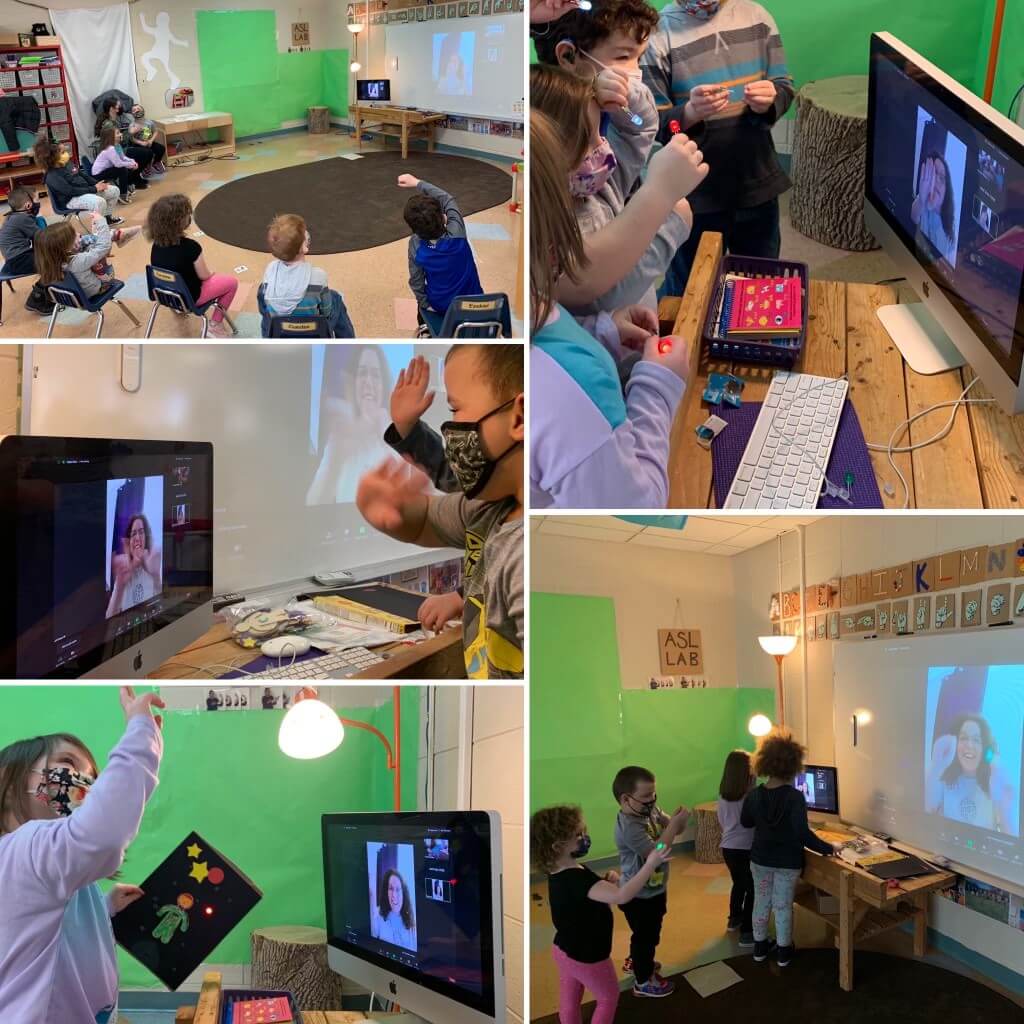
Coding Without Barriers – An Interview with Shireen Hafeez, Founder of Deaf Kids Code
March 31, 2021
Plug In and Press Play: Using Podcasts to Power Up STEM Learning
April 14, 2021Has your alma mater recently started an esports team? At first, it might be difficult to understand why they would, especially if you’ve never been into gaming yourself. Then, you do some research, and it starts to make sense. The video game industry has grown over $80 billion in the past 10 years to now over $130 billion. $130 billion and counting of opportunity.
Sports & Esports
You see the comparison a lot since there’s only one letter separating “sports” from “esports,” but their differences are stark. However, just like American football and basketball, the most popular college sports, esports players practice, compete, and develop skills such as teamwork and collaboration. Video gaming develops critical thinking, coordination, responsiveness, and other skills. Even some famous athletes, like Michael Jordan, are investing in esports.
Esports attract talent from across the globe to universities, and generate lots of revenue. Esports are on track to surpass over $1 billion in revenue this year, with most of the money coming from sponsorships. There are organizations such as the North America Scholastic Esports Federation (NASEF) and the National Association of Collegiate Esports (NACE) who have created millions of dollars in scholarship money for high school and collegiate gamers.
Going Pro In Esports
I want to become a professional and make six figures playing video games. Sounds easy enough, right? If you pick up a basketball and shoot every day you aren’t going to automatically become good enough to play in the NBA; it takes practice, skill, and technique. The same thing applies here; if you start playing video games every day, you aren’t going to beat Ninja in a $30 million Fortnite tournament. (If that sentence didn’t make sense the hyperlinks will help.) In essence, there have been billions of people who have picked up a ball or a bat or a game controller and haven’t gone pro. It’s easy to play any of these sports at a basic level. It’s a whole other story to make it a career. Speaking of careers…
Careers In Video Gaming
Not only has gaming become a career for many, including the aforementioned Ninja, but organizations like NASEF and NACE have made it their mission to provide opportunities to pursue STEM careers for students interested in gaming. Even if these students aren’t actually playing games at a professional level after graduating, this sets them on the path to related careers.
Video game and esports careers vary more than you’d think. The obvious STEM connection is a game developer, who uses computer science and coding in just about every element of their job. For the musically talented people unlike myself, composers and musicians are needed in almost every video game’s development. Video game testers require a lot of computer science knowledge as well, needing to know how to find bugs or hack systems. Here is a short list of careers in the video game industry Indeed has curated. Some of the biggest companies hiring in esports are Blizzard, Riot Games, and the world’s largest esports company, ESL Gaming.
Esports Are Here To Stay
There is a lot of evidence saying esports are here to stay, and that they’re growing rapidly. If you forgot, the video game industry has grown over $80 billion in the past 10 years.
The National Football League continues to dominate the market in revenue among all other leagues, yet you see a decline in youth participants due to safety concerns. Even with less people playing the sport, Americans still love watching it, as it is the most watched sport in the U.S. So when we look at the future of gaming, even if we do eventually see a decline in participants, young gamers (ages 18-25) worldwide spend an average of 3 hours and 25 minutes each week watching other people play video games online, nearly an hour longer than watching traditional sports. Casual gaming is also driving more interest in video games. Even older demographics (ages 60+), are spending 5+ hours playing games on smartphones. There’s definitely room to grow, and smartphones aren’t going anywhere.
There are often many negative connotations that come with video games, but there is a lot of unfamiliarity surrounding them too. Of course, like anything, you need moderation, and too much of one thing can be damaging. The next time your kids say they want to pursue a career in video games, maybe you can help them explore what kind of path they can take. There are plenty of great, high-paying STEM careers surrounding the cash cow of gaming, so open your mind to what is there.




